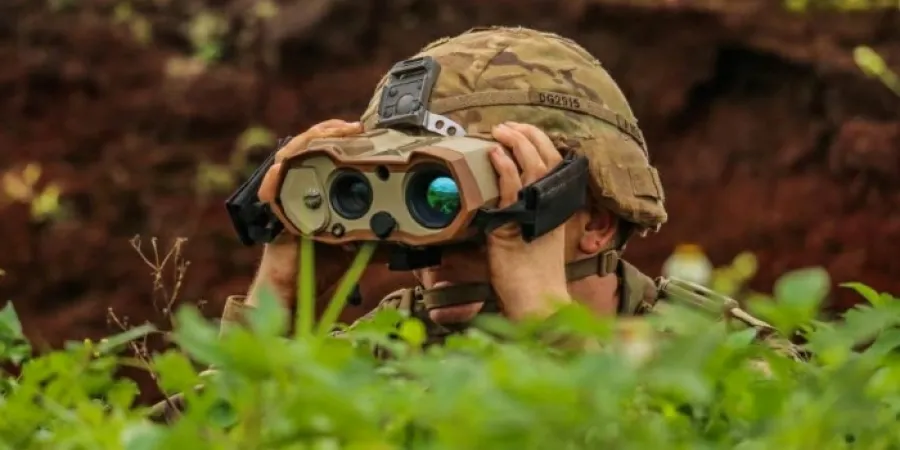US Army interested in next-gen laser target locator
The Army seeks a system with an all-weather 24/7 targeting capability, a thermal imager, a laser range finder, a GPS card and a digital magnetic compass, among others
Eyal Boguslavsky
| 11/02/2021
The U.S. Army announced Monday its plans for a next generation laser target locator. The Defence Blog website reported that a branch of the Army's acquisition agency is reaching out to industry to determine vendors’ ability to produce and deliver a self-contained Laser Target Locator Module III (LTLM III) that meets updated performance requirements.
The branch in question is the Army Product Manager, Soldier Precision Targeting Devices (PdM SPTD).
The LTLM III needs to provide an all-weather 24/7 targeting capability and include, but not be limited to a color day camera, thermal imager, color display, direct view optic, eye-safe laser range finder, M-Code compliant Global Position System (GPS) card and digital magnetic compass (DMC), the report said.
The PdM SPTD currently supports these capabilities through the fielding and sustainment of three variants of the LTLM. The first two variants are the MARK VIIE and the TRIGR, which provide the soldier with the capability to locate a target up to five kilometers away in daylight and 900 meters away at night in a 5.5 pound package. The third, the LTLM II, provides the soldier with all the same capability, but in a 3.25 pound package, according to the website.
The PdM SPTD is considering a competitively awarded contract in the first quarter of fiscal year 2023, and is seeking information from interested companies on their demonstrated ability to meet the requirements for the new locator module within the stated timeline. It anticipates procuring between 5,000 and 6,000 (current total acquisition objective) additional LTLM III systems, the report said.
The Army seeks a system with an all-weather 24/7 targeting capability, a thermal imager, a laser range finder, a GPS card and a digital magnetic compass, among others
The U.S. Army announced Monday its plans for a next generation laser target locator. The Defence Blog website reported that a branch of the Army's acquisition agency is reaching out to industry to determine vendors’ ability to produce and deliver a self-contained Laser Target Locator Module III (LTLM III) that meets updated performance requirements.
The branch in question is the Army Product Manager, Soldier Precision Targeting Devices (PdM SPTD).
The LTLM III needs to provide an all-weather 24/7 targeting capability and include, but not be limited to a color day camera, thermal imager, color display, direct view optic, eye-safe laser range finder, M-Code compliant Global Position System (GPS) card and digital magnetic compass (DMC), the report said.
The PdM SPTD currently supports these capabilities through the fielding and sustainment of three variants of the LTLM. The first two variants are the MARK VIIE and the TRIGR, which provide the soldier with the capability to locate a target up to five kilometers away in daylight and 900 meters away at night in a 5.5 pound package. The third, the LTLM II, provides the soldier with all the same capability, but in a 3.25 pound package, according to the website.
The PdM SPTD is considering a competitively awarded contract in the first quarter of fiscal year 2023, and is seeking information from interested companies on their demonstrated ability to meet the requirements for the new locator module within the stated timeline. It anticipates procuring between 5,000 and 6,000 (current total acquisition objective) additional LTLM III systems, the report said.



